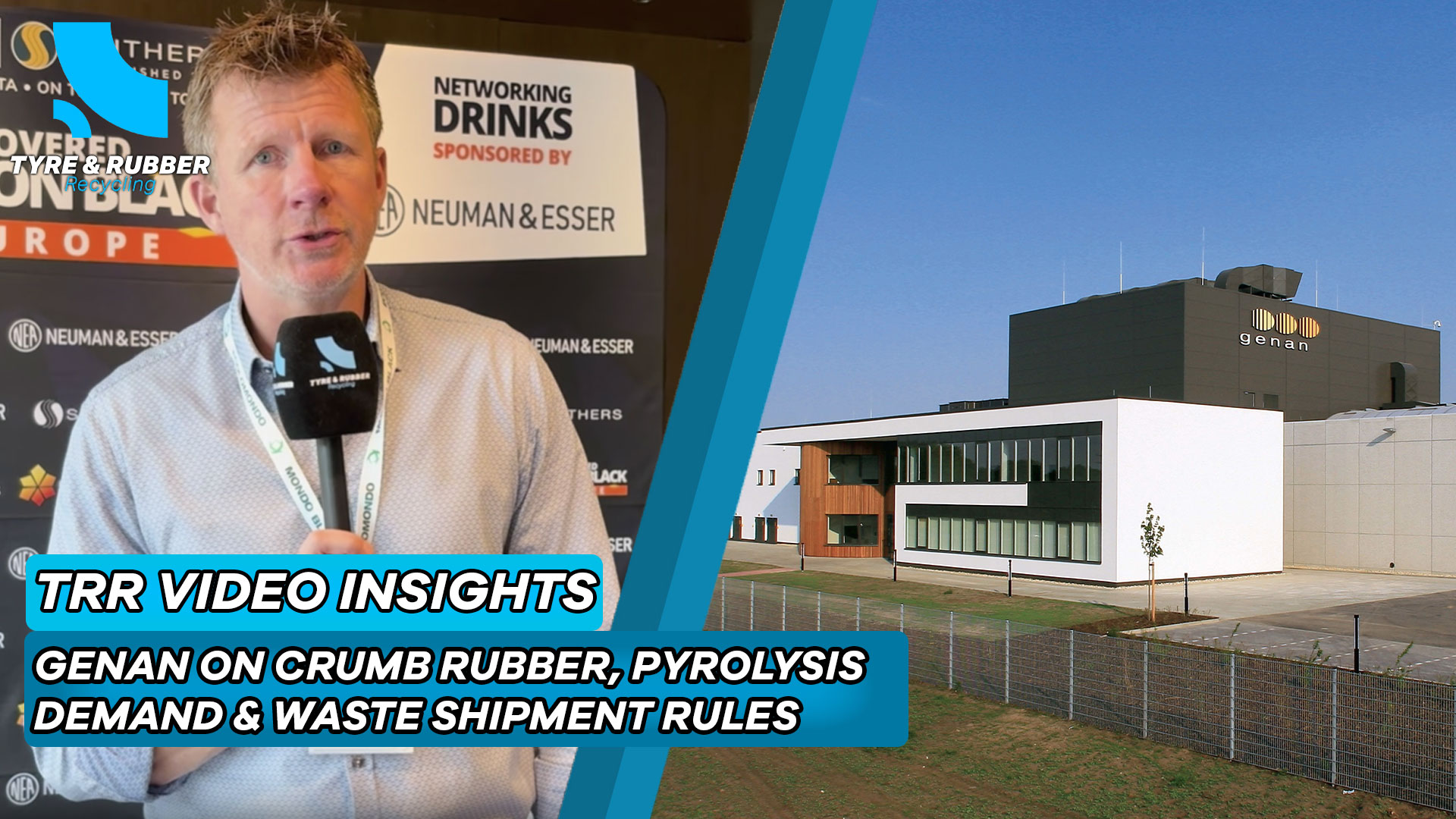The Valencian Government, via the Ministry of Environment, Infrastructure, and Territory, managed the recycling of over 30,000 end-of-life tyres collected following the floods that occurred last autumn
This initiative was part of the emergency waste plan launched after the storm DANA, which produced over 800,000 tonnes of waste—roughly equal to a year’s urban waste in the Valencian Community.
The collection and recycling of these tyres have been conducted in partnership with Collective Extended Producer Responsibility Systems (SCRAPs), including organisations such as SIGNUS and TNU. This collaboration aims to prevent illegal disposal and to facilitate the reuse of tyres in accordance with rigorous environmental and safety standards.
Jorge Blanco, Director General of Environmental Quality and Education, stated that used tyres require proper management to prevent pollution. To facilitate this, a preliminary separation system has been put in place at designated transfer points, ensuring waste treatment is conducted according to technical and environmental standards.
TNU and Signus have been key contributors. Carlos Prieto, Signus General Manager, emphasised their commitment to sustainable tyre disposal. Javier de Jesús Landesa, TNU COO, noted that they promptly provided technical and operational support for safe and efficient waste management during the emergency.
The post-DANA waste management plan was developed to address an unprecedented situation: the floods produced more than 800,000 tonnes of waste—a figure equal to the entire annual volume of urban waste generated in the Valencian Community, or 11% of Spain’s yearly waste output. The plan was backed by an investment of nearly 180 million euros.
At the transfer stations, waste is sorted and separated so that different types—such as tyres, mattresses, gas canisters, scrap metal, and soil—can receive appropriate treatment. This process helps to manage the environmental effects of the disaster by enabling technically sound and sustainable methods.
The collaboration among SCRAPs—TNU and Signus—and the Valencian Government highlights the role of public-private partnerships in addressing the environmental challenges that result from extreme weather conditions.







